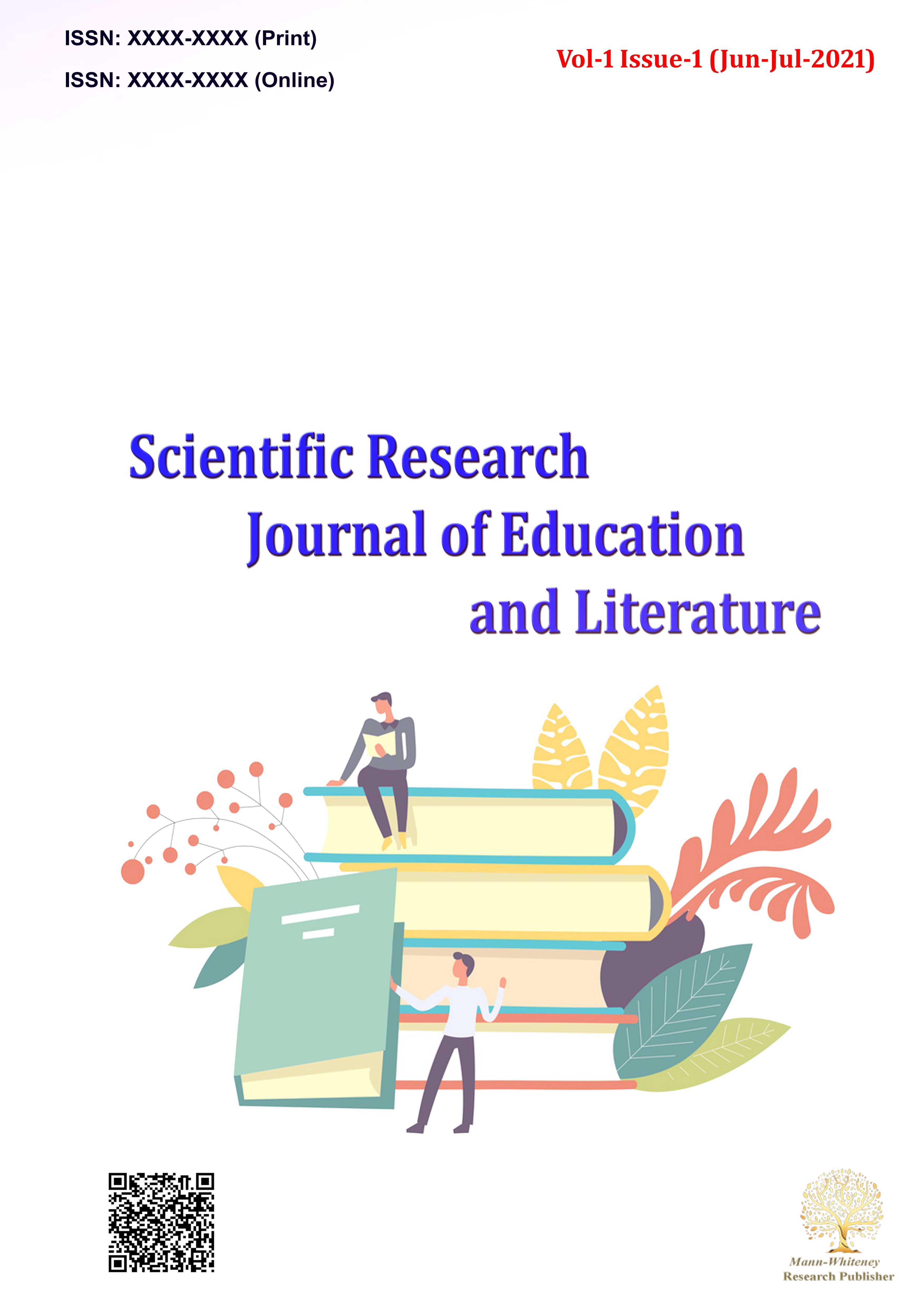This study aims to develop a PISA-based test instrument and produce a valid, practical, and effective tool that can objectively measure students' problem-solving abilities at international standards, specifically PISA standards. The research method used was research and development (R&D) with the Tessmer model, formative evaluation type. The results of the study showed that all validators classified the PISA model mathematics question instrument as good (valid according to content and language). The results of the Cronbach's alpha test indicated reliability data of 0,95 demonstrating that the questions were reliable. Regarding the level of difficulty of the questions, question number 1 was categorized as "Easy", questions number 3, 4, 5, and 6 were categorized as "Medium", and question number 2 was categorized as "Difficult", with the discriminatory power of all questions being classified as "Sufficient". The practicality value of the questions obtained was (V̅) = 3,89. The average score of students' mathematical problem-solving abilities was 71,32. The analysis of student responses showed an average of 57,17 indicating a positive response based on the criteria. The conclusion obtained from this study is that the PISA-based mathematical problem-solving ability test instrument developed meets the criteria of a good test instrument: it is valid, reliable, has an appropriate level of difficulty, and adequate discriminatory power. The test instrument has also met the criteria of being practical and effective.

